
UCSF Cancer Center Team of Investigators
UCSF Helen Diller Family Comprehensive Cancer Center
There has been considerable research into how BRCA mutations heighten the risk of cancer. Promising avenues for new therapies hold out the prospect of a cure for BRCA-related cancer, although significant effort is still required to achieve this goal. Prevention will be the ultimate solution for many affected family members, but this will not be possible in the short- to medium term. In the meantime, we must urgently address who is most at risk and devise treatments with the goal of curing cancers that arise in BRCA carriers. In order to receive BRCA-directed care, BRCA carriers with cancer and their family members will require a comprehensive approach to diagnosis, screening, and treatment by experts in this disease. AT UCSF, our overall aim is to translate cutting-edge basic research into clinical benefit by building a highly integrated and coordinated research program. We will also ensure we leverage knowledge of BRCA-mutation-related cancers to improve therapy for patients both with BRCA-mutation-related cancers and those that have similar molecular properties. Alan Ashworth and colleagues have termed this phenomenon ‘BRCAness.’
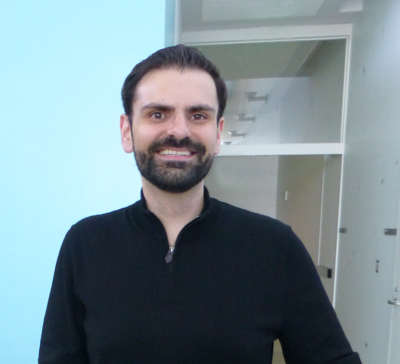
Shervin Afghani
Shervin Afghani is an assistant specialist in the Ashworth lab at the UCSF Helen Diller Family Comprehensive Cancer Center. He obtained a Bachelor of Arts degree in Molecular Cell Biology with emphasis in Neurobiology from the University of California, Berkeley. Shervin’s experience in cancer research began during his senior year at UC Berkeley where he volunteered in Dr. Nancy Boudreau’s lab and worked on homeobox genes in wound repair and hox genes extracellular matrix remodeling and angiogenesis. He joined Dr. Wei Ai and Dr. Frank McCormick’s lab at UCSF where he focused on novel drug treatment for resistant leukemia patients, establishing a new patient derived animal model, studying the biochemical signaling of RAS isoforms, and investigating and optimizing Nano particle siRNA delivery for next generation cancer theory. Currently, Shervin is working with Dr. Ashworth to investigate new and effective synthetic lethal genes using cutting-edge technology and techniques for improved cancer therapy.
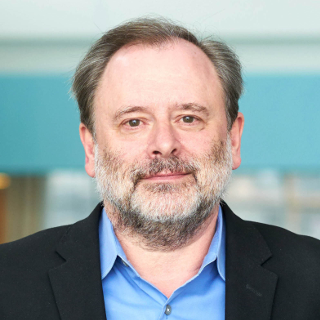
Alan Ashworth, PhD, FRS
President, UCSF Helen Diller Family Comprehensive Cancer Center;
Co-leader, UCSF Center for BRCA Research
A translational biologist and laboratory researcher, Dr. Ashworth’s research focuses on understanding breast cancer genetics and applying what he learns to change the way patients are treated. He was a key part of the team that identified the BRCA2 breast cancer susceptibility gene, which is linked to an increased risk of some types of cancer. Ten years later, Dr. Ashworth found a way to kill off BRCA1- and 2-related tumor cells by treating them with PARP inhibitors, which amplifies the damage caused by the broken DNA repair machinery in those cells.
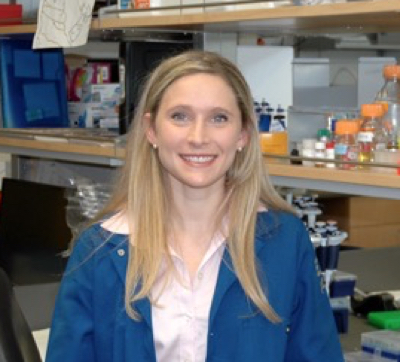
Julia Carnevale, MD
Dr. Carnevale is a fellow in the laboratory of Dr. Alan Ashworth. Her research is currently focused on hereditary pancreatic cancer. She is utilizing multiple screening platforms to identify new drug targets in pancreatic cancers with various forms of mutations found in hereditary pancreatic cancer, such as mutations in BRCA1, BRCA2, and PALB2. She is working with different researchers across the university to adopt new technologies to find novel strategies to treat these very aggressive tumors. Her research efforts are motivated by the patients she cares for in her clinic in the GI Oncology Division, as well as patients she sees in the Center for BRCA Research.
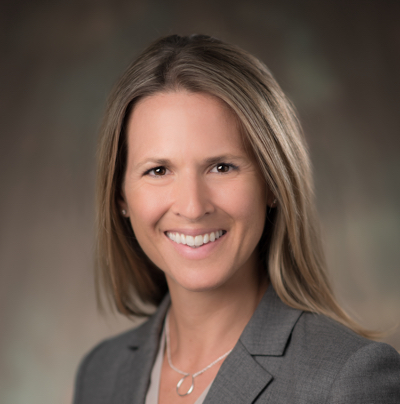
Jocelyn Chapman, MD
Dr. Chapman specializes in the surgical and medical treatment of gynecologic malignancies in the division of gynecologic oncology at UCSF. She cares for patients with both cancerous and complex noncancerous diseases of the female reproductive system. Dr. Chapman has expertise in computational genomics and collaborates with UCSF Cancer Center researchers to understand the genetic vulnerabilities in hereditary gynecologic cancers. Dr. Chapman explores the mutational scars left on the genome of BRCA associated ovarian cancers and is investigating how the tumor microenvironment and immune signaling is altered in BRCA associated ovarian cancers. Understanding the commonalities and therapeutic dependencies in BRCA associated ovarian cancer will allow for novel insights into these pathways. Chapman earned her medical degree from Boston University's School of Medicine. She completed her residency at UCSF and received specialty training through the joint Stanford-UCSF gynecologic oncology fellowship.
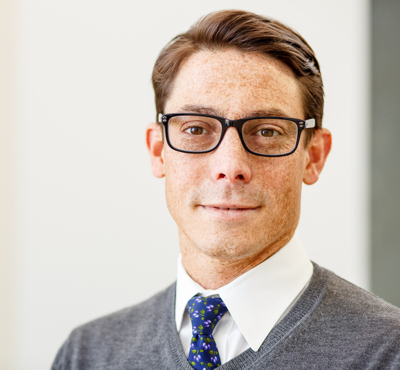
Eric Collisson, MD
Assistant Professor, Department of Medicine
Dr. Eric Collisson is a medical oncologist with a clinical interest in gastrointestinal malignancies and a research interest in genomics as it pertains to classifications of human cancer. He received his medical degree at University of California, Los Angeles, and completed an internship and residency in Internal Medicine at Stanford University Hospital, followed by a Medical Oncology fellowship at the University of California, San Francisco.
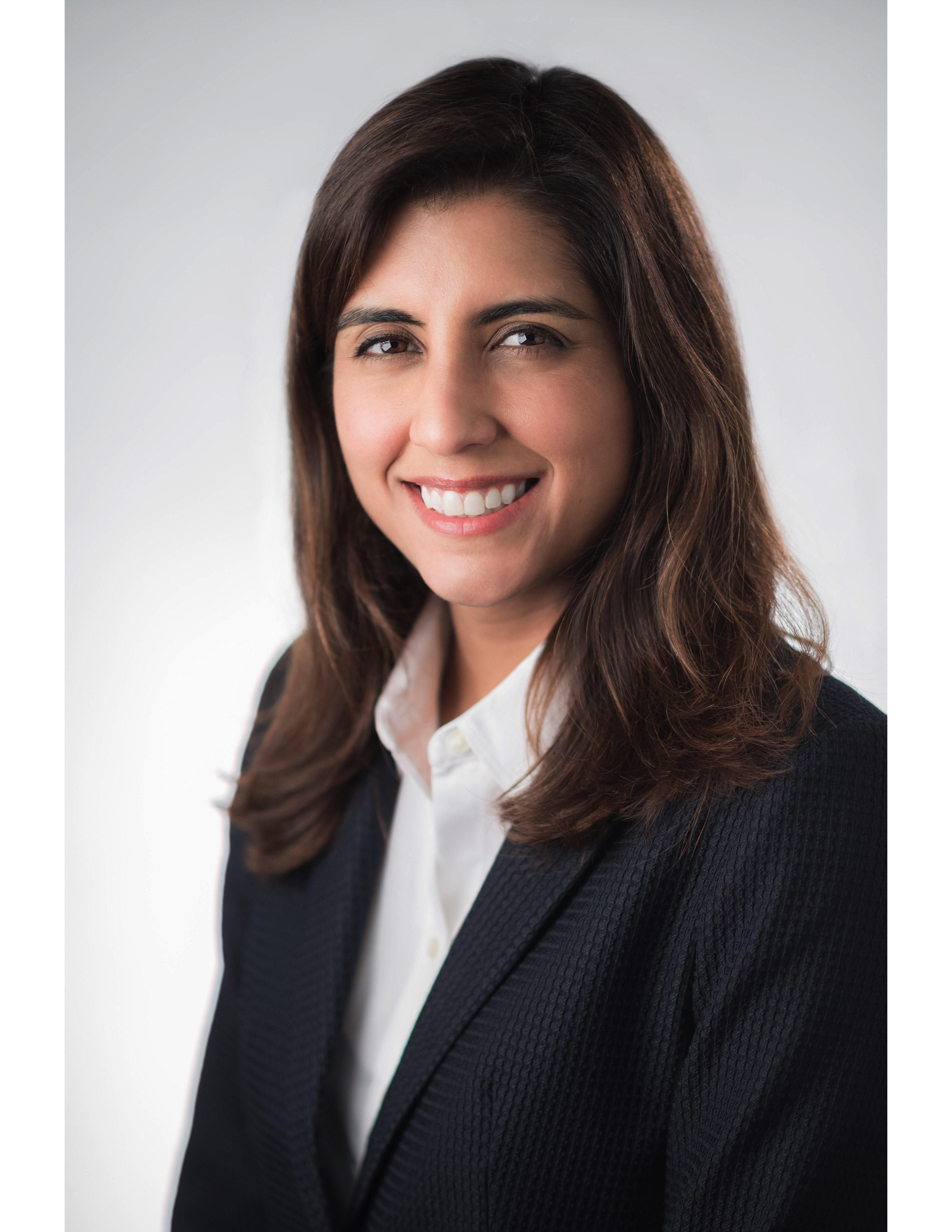
Mallika Dhawan, MD
UCSF Hematology & Medical Oncology
Dr. Dhawan specializes in the clinical trial development of advanced cancers and cancer predisposition syndromes (like BRCA) in the Division of Oncology at UCSF. She has expertise in trial development and cancer genetics and is interested in cancer prevention as well as developing novel therapeutic combinations for patients with BRCA mutated advanced cancers. Her research efforts are motivated by the patients she sees in the Hereditary Cancer and Experimental Therapeutics clinics at UCSF. Dr. Dhawan earned her medical degree from UC San Diego School of Medicine. She completed her Internal Medicine residency at Duke University and Oncology fellowship at UCSF. She is currently completing additional postdoctoral training in Precision Medicine and Cancer Genetics through UCSF and the City of Hope.
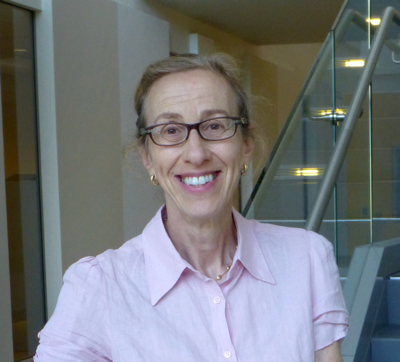
Wendy Fantl, PhD
Assistant Professor, Division of Gynecologic Oncology, Department of Obstetrics and Gynecology, Stanford University
As a post-doctoral fellow at UCSF studying cell signaling, Dr. Fantl was one of the first scientists to demonstrate a link between cell surface receptors and how they communicate with specific intracellular signaling molecules to alter cellular behavior. When it became recognized that in cancer this communication and resulting cellular behavior was corrupted, Dr. Fantl’s interests turned to applying these findings to drug development. As a committed translational researcher, Dr. Fantl is focused on leveraging mass cytometry to identify cell subsets in primary HG-SOCs that are responsible for relapse and therapeutic resistance. By characterizing the properties of these rogue cells on a tumor-by-tumor basis, Dr. Fantl hopes to identify the best drug combinations for their destruction.
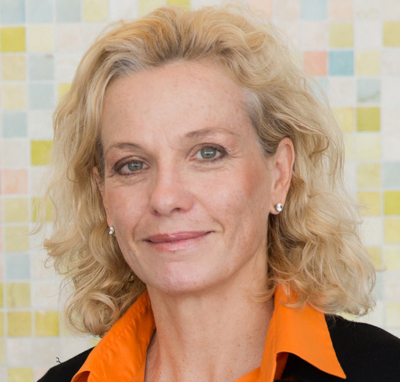
Pam Munster, MD
Professor in Residence, UCSF;
Director, Early Phase Clinical Trials Program, Helen Diller Family Comprehensive Cancer Center;
Program Leader, Developmental Therapeutics
Her basic laboratory research interests are in the area of developing novel targeted therapy for the treatment of treatment resistant cancer and their integration into current treatment strategies. Dr. Munster’s research interest involves basic research studies on epigenetic modification of DNA repair and therapy resistance. Her laboratory is involved in several projects testing HDAC inhibitors, reverse hormone therapy resistance in breast cancer, and to reengage the immune defense. Dr. Munster’s clinical research interests are in the area of early anti-tumor drug development with focus on drugs that target the mTOR, P13k pathways and the epigenetic regulation of immune response to therapy. In addition to her interest in drug development, Dr. Munster has a special interest in germline cancer mutations.
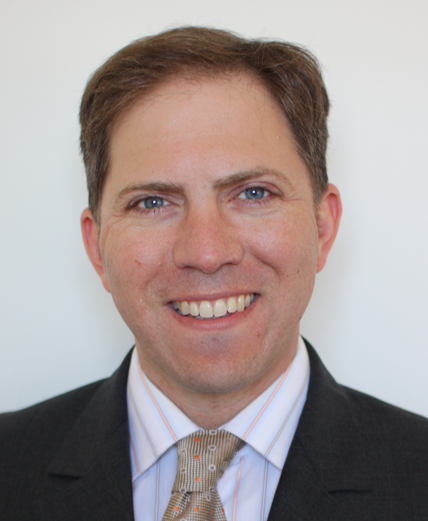
David Quigley, PhD
Assistant Adjunct Professor, Department of Epidemiology & Biostatistics
Dr. Quigley is a translational geneticist working to improve outcomes for patients whose tumors bear DNA repair defects, with a focus on prostate cancer. During his graduate training with Anne-Lise Børresen-Dale (U Oslo) and Allan Balmain (UCSF), he identified candidate mechanisms of germline cancer susceptibility variants in mouse models of skin cancer and in human breast cancer patients. Dr. Quigley’s research in Alan Ashworth’s laboratory elucidates how defects in homologous recombination repair (HRR) affect tumor genomes, and how to detect and overcome resistance to targeted PARP inhibitor therapy in patients with HRR-deficient tumors. This research includes analysis of drug resistance mechanisms in patients using liquid biopsy techniques, sequence analysis of prostate tumors, and developing new laboratory models of drug-resistant prostate tumors.
BRCA Foundation
Science & Technology Advisory Team (STAT)
Our advisory team reflects our Silicon Valley roots and combines visionary technology experts and world-renowned scientists to form our Science and Technology Advisory Team (STAT). This distinctive composition of STAT members uniquely positions BRCA Foundation for groundbreaking leadership.Read More
We know it is possible. We know that cutting-edge scientific research being done today will bring about the therapies, cures and preventative treatments that will save the lives – and improve the quality of life – of millions of BRCA-positive individuals tomorrow.
